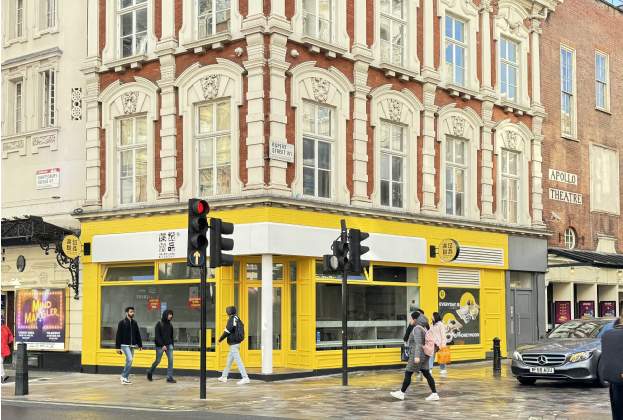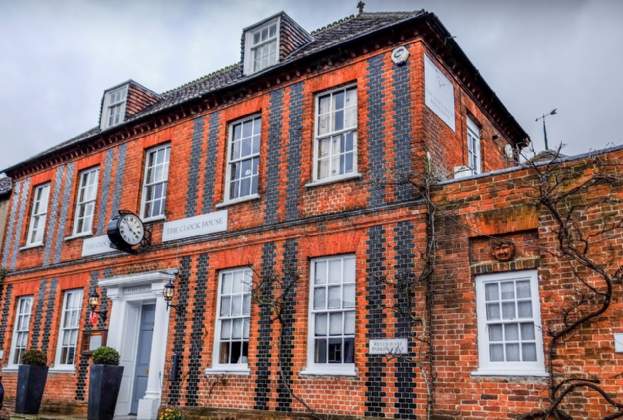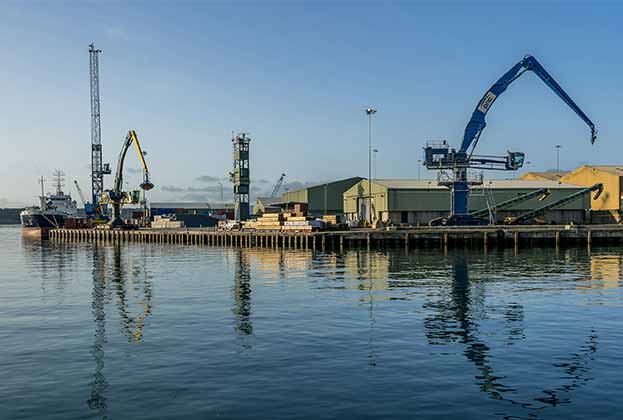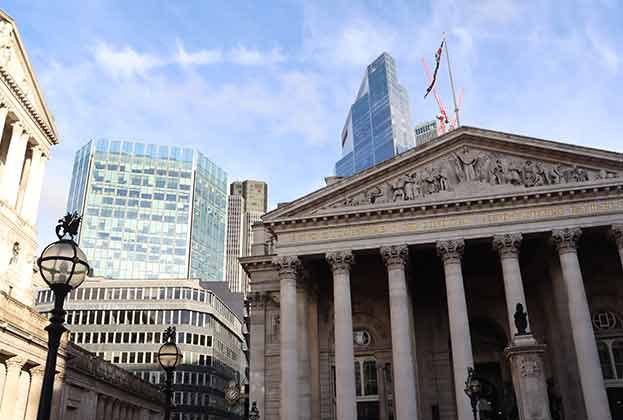Micro-breweries have a number of definitions but a common one is that they must be small scale, independent, traditional and produce 'craft beer'. Such breweries have been around since the mid-1970s but their popularity has increased dramatically in the past five years. According to CAMRA, there are now more breweries per head in the UK than in any other country in the world, with 170 micro-brewery start ups in 2014 alone.
As Joshua Mendez, Relationship Manager Natwest, says: 'A lot of the micro-breweries that started two to three years ago are now finding themselves at capacity, with orders still coming through the door. This is pushing them to expand more and more and we have been looking to help with that finance.'
The initial outlay needn't be huge. Small-scale ‘starter’ brewing kits are available from as little as £10,000 and can produce 400 litres (700 pints) of beer with each brew. With reduced Beer Duty rates available for small-scale production (up to 60,000 hectolitres – 10.56 million pints – per year), there are a number of benefits to keeping production modest, even though there may be a need for additional space to house equipment.
The ease and relatively small expense of micro-brewery start ups has certainly added to the growing momentum, but what is the reason for the success of micro-brewing, and who are the main drivers behind it? In contrast to the large commercial brewers, micro-breweries have the ability to produce a wide variety of craft beers and, in doing so, appeal to a wider audience. Pub goers have now become accustomed to an ever-increasing variety of tastes, flavours and locally produced beers.
With the growing trend in craft beers, a number of related events have popped up across London, including the Bermondsey Beer Mile, a pub crawl between micro-brewers Fourpure, Partizan, The Kernel, Brew By Numbers, Bottleshop and Anapach & Hobday/Bullfinch Brewery, and the recent London Craft Beer Festival. Micro-breweries are also receiving more publicity: CAMRA writes about them in its annual Good Beer Guide while organisations such as the Society for Independent Brewers (SIBA) have been set up to promote the trend.
My own favourite micro-breweries are Brewhouse and Kitchen and Craft Beer Company, both in London. The former, which runs its micro-brewery in the trading area of a pub, currently brews 12 craft beers, eight standard and four seasonal, while the latter, with 30 keg beers and 15 cask ales, has one of the most diverse beer selections in London.
Further information
More information from Savills Licensed Leisure.
.png)


.jpg)






